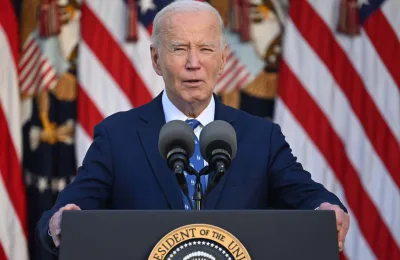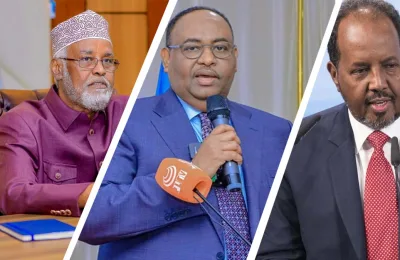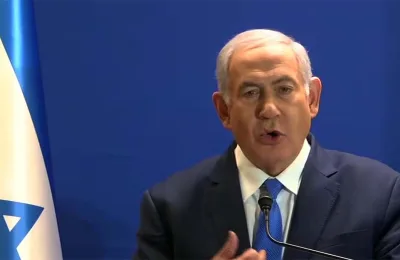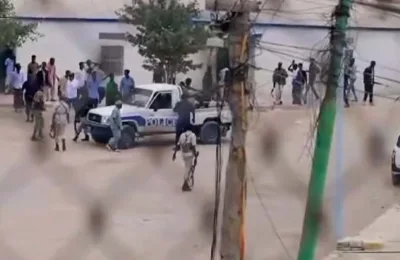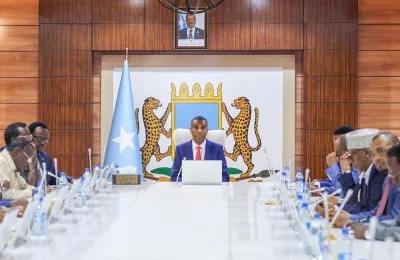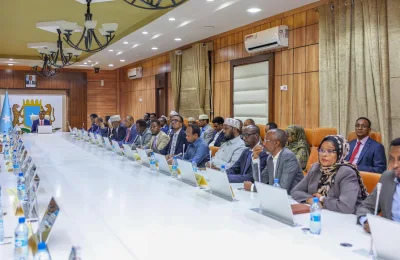As the world marks the World Malaria Day, The United Nations Children’s Emergency Fund has said that it will…
 As the world marks the World Malaria Day, The United Nations Children’s Emergency Fund has said that it will support Somalia in reducing the threats of the tropical disease in the horn of Africa nation.
As the world marks the World Malaria Day, The United Nations Children’s Emergency Fund has said that it will support Somalia in reducing the threats of the tropical disease in the horn of Africa nation.
The World Malaria day is set aside by the World Health Assembly to be commemorated on the 25th April of every year with the aim of creating awareness and mobilizing support for the malaria elimination programme.
UNICEF Somalia’s head of Health, Dr Anirban Chatterjee, said the prevalence of the disease in the country has been reducing since 2009.
“On this World Malaria Day, we would like to remind everyone of the need to keep up the fight against malaria even though it has been decreasing,” said Dr Anirban Chatterjee, UNICEF Somalia’s Chief of Health. “We advise all Somalis particularly pregnant women and children under-fives to always sleep under bed nets and to seek treatment as soon as they have any symptoms.”
In a statement, UNICEF said that will increase coverage of malaria prevention and case treatment intervention in order to reach less than 1% of prevalence in central and Southern areas and near zero prevalence in northern parts of the country. This will be achieved with WHO and local partners under the leadership of the Ministries of Health and together with other UNICEF programmes.
PROGRESS MADE
According to the international body, malaria prevalence in Somalia has dropped dramatically since 2009 when more than a quarter of Somalis (27.3) were infected to fewer than two percent of the population in 2014.
In 2015 more than 20,000 of confirmed malaria cases were treated with anti malaria drugs. In locations prone to epidemics 22 villages in Somaliland, 3062 households in the South and Central areas and 4658 households in Puntland have been sprayed with insecticides and populations given information about protecting themselves from mosquitoes bites.
But in the central and Southern regions of the country remain prone to epidemics, it added.
WHO-recommended strategies to tackle malaria include: prevention with long-lasting insecticidal nets and indoor residual spraying; diagnostic testing and treatment with quality-assured anti-malarial medicines; preventive therapies for infants, children and pregnant women; tracking every malaria case in a surveillance system; and scaling up the fight against emerging drug and insecticide resistance.
Horseed Media

